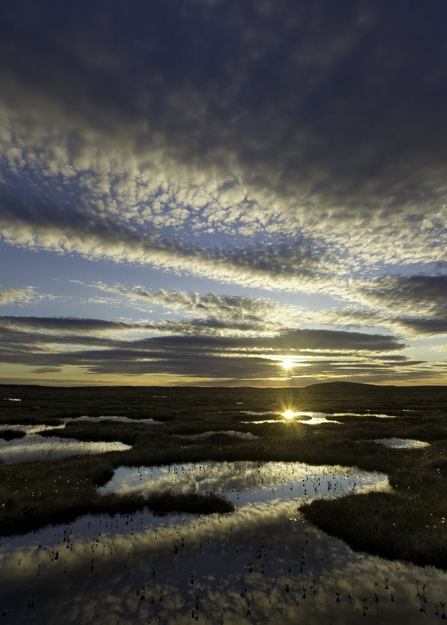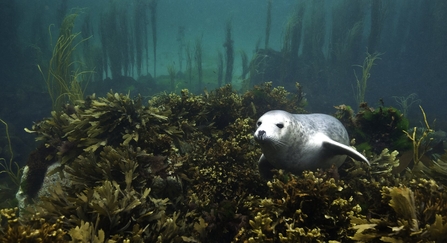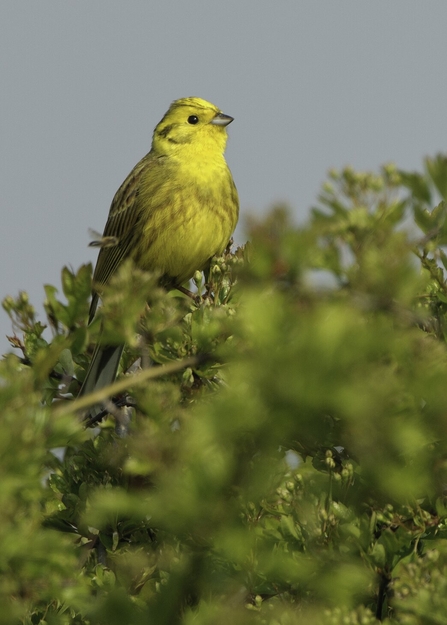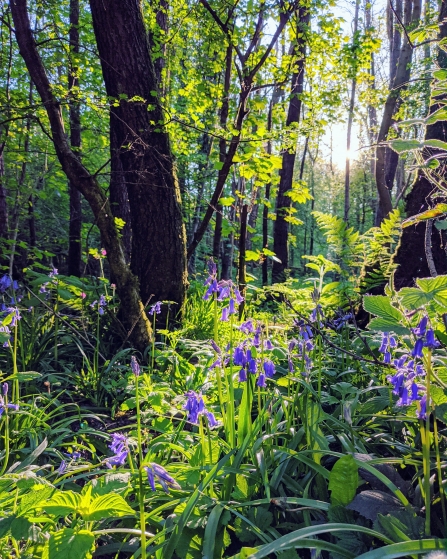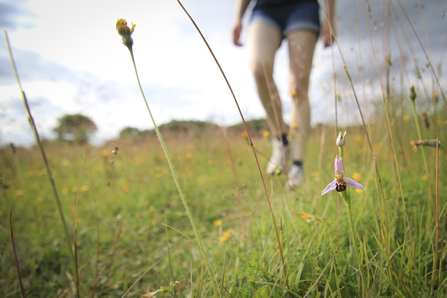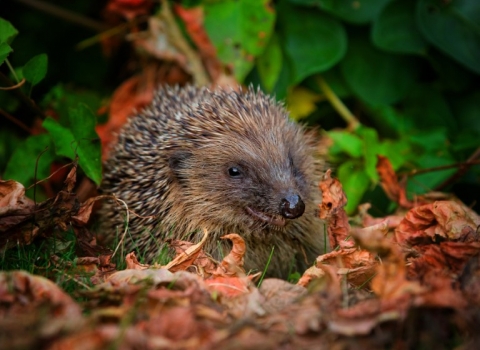As Chief Executive of The Wildlife Trusts, Craig Bennett, says: “The climate and nature crisis is becoming a vicious spiral of damage – one that has to be stopped right now.”
We support the calls for change and have already been heavily involved in protecting wildlife and habitats and creating areas that are helping the environment by storing carbon.

